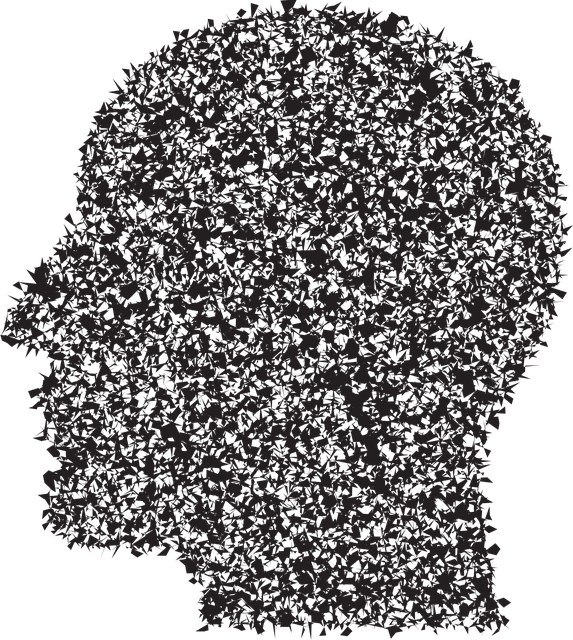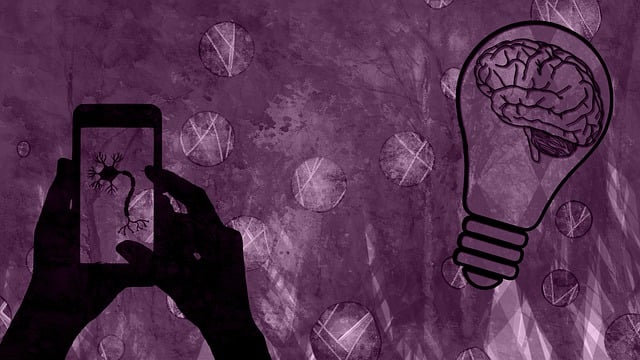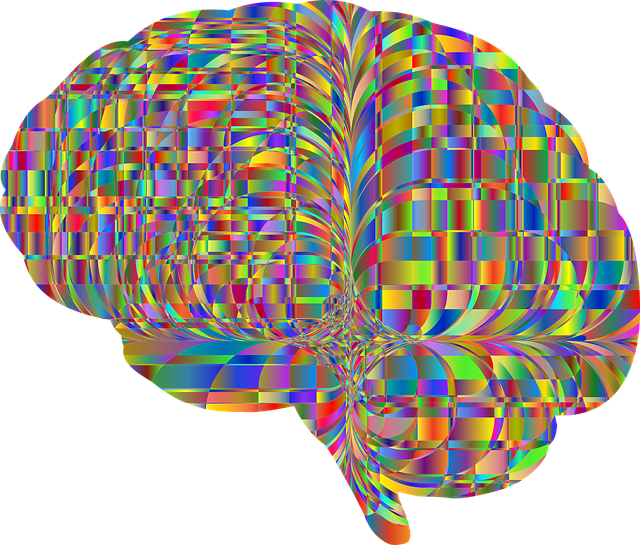Mental wellness is crucial for new mothers during the postpartum period, which can be challenging due to increased responsibilities. Lafayette postpartum depression therapy emphasizes addressing burnout and low self-esteem caused by demanding roles. Public awareness campaigns promoting self-care are essential in preventing these issues. Journaling is a powerful tool in therapy, offering a safe space for emotional exploration and healing through self-expression. A Lafayette Postpartum Depression Therapy journal, available physically or digitally, includes various techniques like mood tracking and creative expressions to enhance self-awareness. This practice, combined with professional support, can prevent burnout and provide personalized trauma support, promoting mental wellness for new mothers.
Navigating the postpartum period can be challenging for new mothers, with mental wellness playing a crucial role in overall well-being. This article explores the impact of mental health on new mothers and introduces journaling as a powerful therapeutic tool for healing and self-care. We guide you through creating your very own Lafayette Postpartum Depression Therapy Journal, complete with techniques to foster self-reflection and enhance emotional well-being.
- Understanding Mental Wellness and Its Impact on New Mothers
- The Power of Journaling as a Therapeutic Tool
- Creating Your Lafayette Postpartum Depression Therapy Journal
- Techniques to Enhance Self-Reflection and Healing through Journaling
Understanding Mental Wellness and Its Impact on New Mothers

Mental wellness is a crucial aspect of overall health, especially for new mothers. The postpartum period can be an incredibly challenging time, as women adjust to their new roles and responsibilities. In some cases, this transition might lead to Lafayette postpartum depression therapy being needed, highlighting the importance of understanding and addressing mental health concerns promptly.
The impact of burnout and low self-esteem is significant during this life stage. New mothers often face numerous demands, from caring for a newborn to managing household tasks and adjusting to their new identity as parents. These factors can contribute to increased stress levels and, if left unaddressed, may lead to more severe mental health issues. Developing public awareness campaigns that emphasize the importance of self-care and mental wellness during pregnancy and postpartum could be a game-changer in preventing burnout and promoting the well-being of new mothers.
The Power of Journaling as a Therapeutic Tool

Journaling has emerged as a powerful therapeutic tool, offering individuals a safe and intimate space to explore their thoughts and emotions. For those seeking Lafayette postpartum depression therapy or navigating other mental health challenges, this simple practice can be transformative. By putting pen to paper, one can engage in emotional healing processes, gaining valuable insights into their feelings and experiences. This act of self-expression allows for a deeper understanding of one’s mental health state, fostering an essential connection between mind and body.
The benefits extend beyond personal growth; healthcare provider cultural competency training emphasizes the importance of journaling as a means to improve communication in therapy. It encourages patients to reflect on their journeys, identify patterns, and articulate their needs more effectively. Thus, it becomes a valuable asset in mental health awareness campaigns, empowering individuals to take charge of their emotional well-being.
Creating Your Lafayette Postpartum Depression Therapy Journal

Creating your Lafayette Postpartum Depression Therapy journal is a powerful tool for self-reflection and healing. It offers a safe space to express your thoughts, emotions, and experiences, especially during the challenging period of postpartum depression. Start by choosing a format that suits you—it could be a physical notebook or a digital document. Ensure it’s something you’ll want to return to regularly.
Consider incorporating various journaling techniques for optimal therapy. Write freely about your feelings, track your mood swings using charts, reflect on positive moments, and even include creative expressions like drawings or quotes that resonate with you. The goal is to foster self-awareness and provide a platform for processing emotions. Incorporating social skills training and cultural sensitivity in mental healthcare practice can also enrich your journal by offering different perspectives and strategies tailored to your unique experience as a new mother.
Techniques to Enhance Self-Reflection and Healing through Journaling

Journaling is a powerful tool for self-reflection and healing, offering individuals a safe space to explore their thoughts and emotions. To enhance this process, incorporate reflective writing techniques such as free-flowing narratives, where you write continuously without editing, allowing your mind to meander and uncover hidden insights. Another technique is guided visualization, imagining peaceful scenarios or past memories, then describing them in detail—this can help shift your mood and perspective.
For those dealing with mental health challenges like postpartum depression, Lafayette offers specialized therapy services. Incorporating journaling into your routine, alongside professional support, can be a game-changer in burnout prevention strategies for healthcare providers and trauma support services. By regularly documenting your feelings, you gain clarity, foster personal growth, and create a lasting record of your journey towards mental wellness.
Mental wellness journaling can be a powerful tool for new mothers navigating the complexities of postpartum depression. By understanding their mental state and its impact, moms can harness the therapeutic benefits of self-reflection through structured journal exercises. The Lafayette Postpartum Depression Therapy Journal provides a safe space to express emotions, track symptoms, and explore personalized coping strategies. Through dedicated practices, journaling enhances self-awareness, fosters healing, and promotes resilience, ultimately empowering new mothers to take charge of their mental wellness journey.














